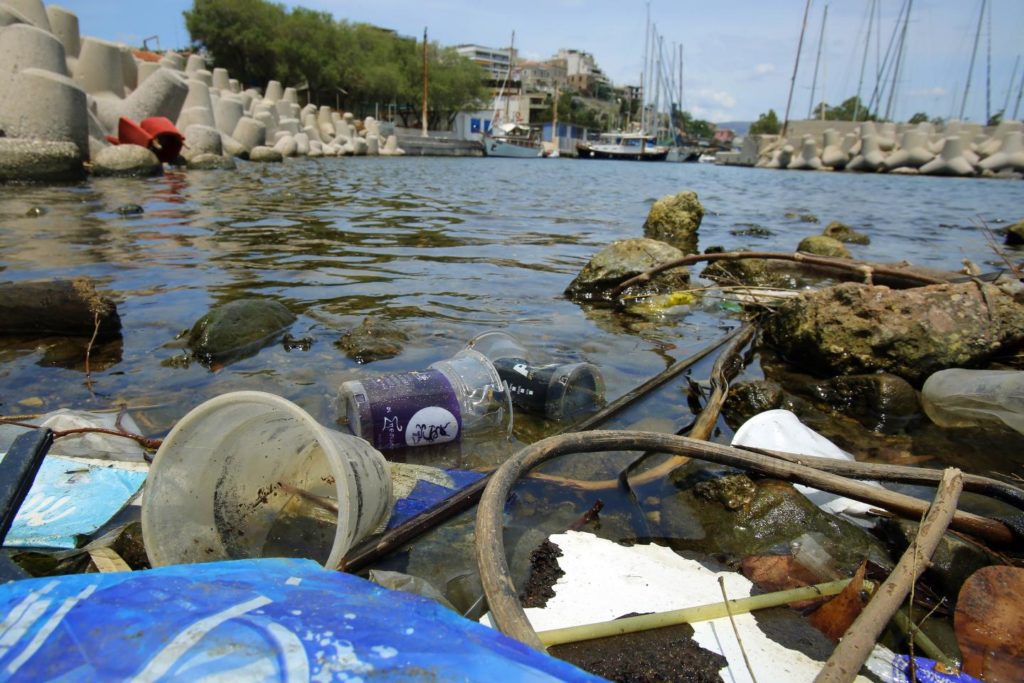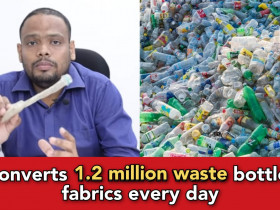Good news: Scientists convert plastic waste into 100% fuel, this will reduce pollution
It is well known that plastics take over 500 years to decompose but still there is so much of littering in our planet. Initially, the land was affected and now the oceans. This is the current scenario. However, the scientists have figured out a good idea to convert plastic waste into a 100% clean fuel so that we can effectively reduce and recycle all the waste.
It has been said that the researchers at Purdue University came up with a new chemical technique that can adapt polypropylene. This is the plastic which is used for toys, chip packets. The process makes use of superheated water to turn the waste plastic into liquid fuel quite similar to that of petrol and diesel which could be used in today’s cars.

“Our strategy is to create a driving force for recycling by converting polyolefin waste into a wide range of valuable products, including polymers, naphtha (a mixture of hydrocarbons), or clean fuels,” Linda Wang, the research team’s leader, said in a press release.
“Our conversion technology has the potential to boost the profits of the recycling industry and shrink the world’s plastic waste stock.” According to scientists, around five billion tons of waste plastic is blocking our planet and they estimate about 23 per cent of it is made up of ‘polypropylene’.
According to scientists, around five billion tons of waste plastic is blocking our planet and they estimate about 23 per cent of it is made up of ‘polypropylene’.
In their scientific method, the researchers used supercritical water, which is when water functions as liquid and gas under extremely high temperature and pressure. After that, this is added to the polypropylene, which converts it to oil within a few hours.
In their scientific method, the researchers used supercritical water, which is when water functions as liquid and gas under extremely high temperature and pressure. After that, this is added to the polypropylene, which converts it to oil within a few hours.
“Plastic waste disposal, whether recycled or thrown away, does not mean the end of the story,” Wang said. “These plastics degrade slowly and release toxic microplastics and chemicals into the land and the water. This is a catastrophe because once these pollutants are in the oceans, they are impossible to retrieve completely.”












